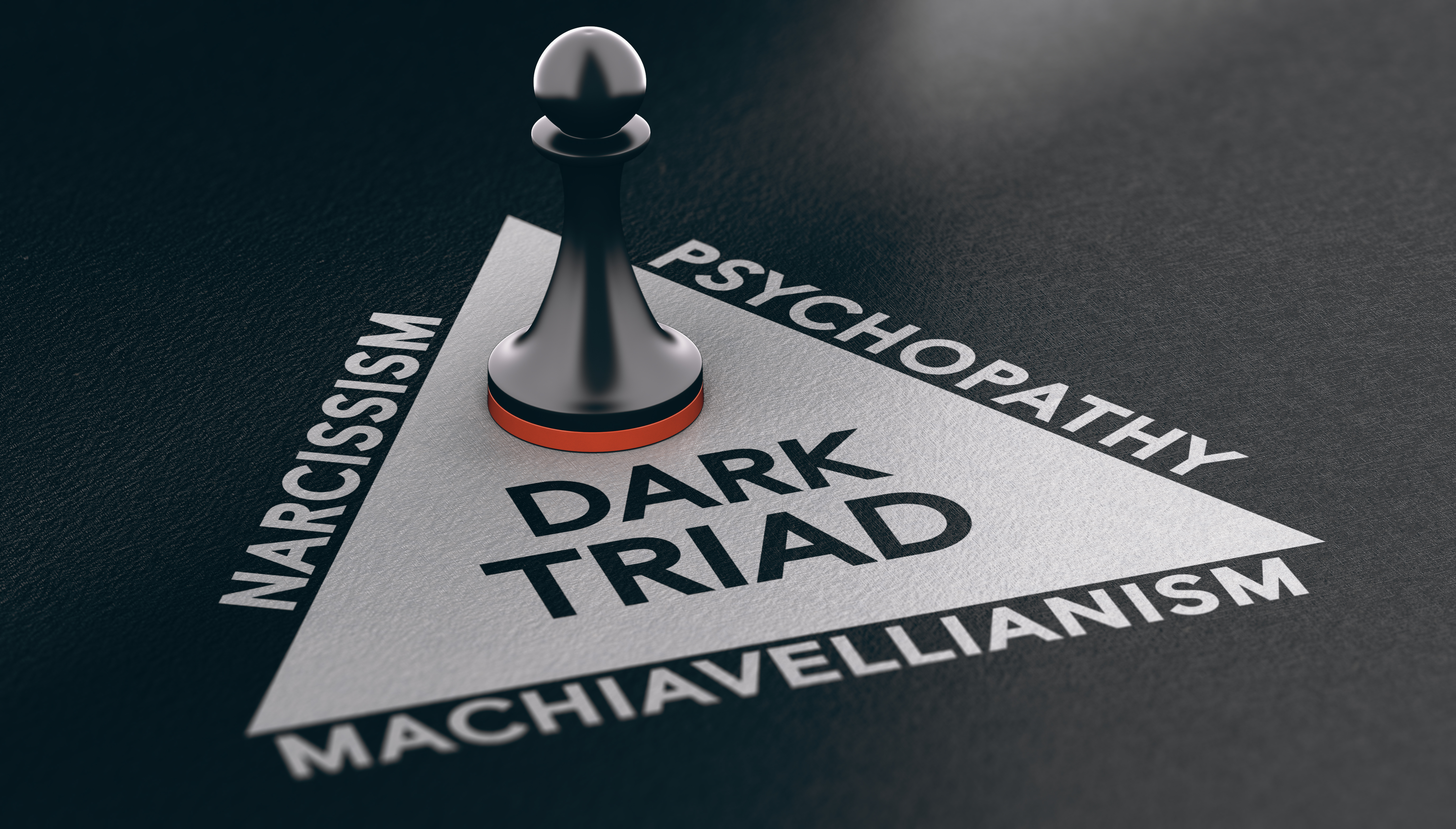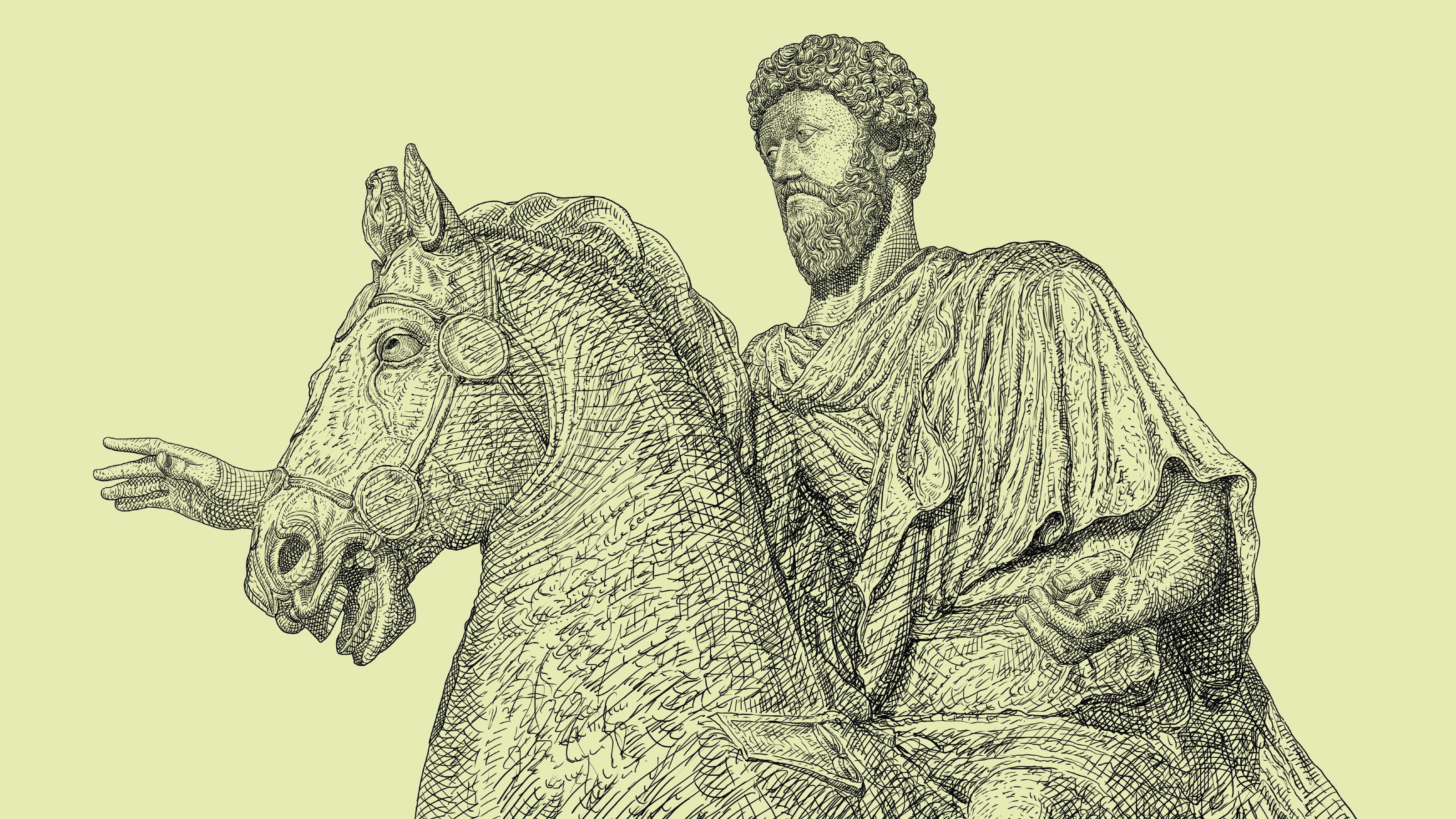Psychopaths, narcissists, or Machiavellians: Who makes the best salesmen?

- Machiavellianism, narcissism, and psychopathy are the “dark triad” of personality traits. Many salespeople exhibit them.
- New research shows that, over time, people who score highly on narcissism and psychopathy perform worse than “normal” peers. Machiavellians, on the other hand, perform better.
- If harnessed properly, dark triad personality traits could help boost sales.
Salespeople are generally thought of as charming and confident. But what if those positive qualities aren’t the only reasons for their success? Could it be that the so-called “dark triad” of personality — Machiavellianism, narcissism, and psychopathy — also play a role? Indeed, there are only a few professions whose employees rank higher on these traits than those in sales.
In a paper published in the Journal of Marketing, researchers looked at how these traits impact the performance of salespeople. While all three dark triad traits result in exploitative and self-serving behavior, slight differences between them lead to different growth trajectories in sales performance.
The researchers conducted two studies to understand why individuals with these traits thrive in sales roles. The first examined how salespeople with these traits (referred to as “dark salespeople” henceforth for brevity) perform over time when compared to non-dark peers. The second study investigated the role of their networks (peers and customers) on their performance.
Dark triad in the workforce

While the three dark traits help salespeople get ahead of their competition, there are slight differences in the growth trajectories of people who score highly on Machiavellianism, narcissism, and psychopathy. The differences arise due to how individuals with the three traits interact with their peers. While narcissists lie about their accomplishments and psychopaths display antisocial behavior, Machiavellians operate more subtly and keep critical knowledge to themselves.
To learn how these traits impact performance over time, the researchers surveyed salespeople at an insurance agency for 18 months. The survey collected data on the participants’ personalities (via self-rated statements like, “I tend to want others to admire me”), as well as monthly dollar earnings.
Over the short-term, both narcissism and psychopathy provide a performance advantage in comparison to non-dark peers. However, over time, this advantage wanes. Whereas psychopaths tend to settle for average performance, narcissists see lower than average performance in the long-run. Machiavellians, on the other hand, start slow but eventually perform better than average.
The impact of social networks
To study how the structure of social networks impacts the performance of dark salespeople, the researchers surveyed salespeople at a direct sales organization who earn commissions based on each sale. To capture the overall structure of the organization, the researchers asked each salesperson to identify work connections that matter most to their success. By doing this twice at a gap of 18 months, they were able to assess how the network changed over time.
In such an environment, one expects that the self-serving behavior of dark salespeople would give them a benefit at the cost of their peers. However, as the news of their misdeeds spreads across the network, the benefit should quickly vanish.
Here, the two main variables were (1) how overt the misdeeds of the dark salespeople were and (2) the “reach efficiency” of the network. Hypothetically, psychopaths and narcissists are more overtly rotten than Machiavellians, who tend to act covertly or subtly. The more overt the misbehavior, the quicker that reputation damaging information should spread — thereby lowering the performance advantage over dark salespeople. Similarly, if the network has a high reach efficiency (which means that it enables information to spread faster or farther), the dark salespeople should lose their performance advantage more quickly.
The researchers found that when the reach efficiency was high, narcissists and psychopaths did not have as great an advantage over their non-dark peers, presumably because they put little effort into hiding their boastful or antisocial behavior. However, the performance of Machiavellians was not impacted by high-reach efficiency. This is consistent with their reputation for carefully nurturing and manipulating relationships to further their goals.
On the flip side, low-reach efficiency networks negatively impacted the performance benefits of Machiavellianism (presumably because these individuals had fewer opportunities to manipulate people), whereas it improved the performance benefits of narcissism and psychopathy. This makes sense, since the misdeeds of these dark salespeople would spread more slowly in a low-reach efficiency network.
Flipping the script
While unique in its approach to quantifying the impact of dark traits on sales performance, this research has limitations. While it showed that, over the course of 18 months, Machivaellians benefited longer compared to psychopaths and narcissists, it is not clear if this performance advantage lasts over the long-term. More research is needed to show if they too eventually fall from grace.
People with dark triad traits may be attracted to the sales profession. Perhaps ironically, managers who are able to identify and understand dark salespeople can manipulate them in such a way that benefits not only the salespeople but the company as a whole. What could be more Machiavellian than that?





